This past year has brought supply chains into the news more than ever before. With issues regarding the chip crisis, shipping containers, scarce raw materials, it seems all areas of the supply chain are affected. Some of these issues are beyond our control.
This week, we wanted to evaluate the importance of suppliers and our relationships with them, so we sat down with Andrew Goodfellow, Production Manager of LinerWerx in St. Catharines, Ontario, to talk about his experience with supplier relationship management.

Why supplier management is important.
Suppliers are an essential part of keeping your business running. They are important when reflecting on costs, product quality and on time delivery to satisfy the end consumers. We are a small business that manufactures pool liners and safety covers, so for us, our relationship with our suppliers’ plays quite a significant role. Typically, the stronger your relationship, the more priority suppliers give you. One example where strong supplier relationships can help is if you are unsure of product pricing, and your supplier works with competitors that range in size, they can help you determine the best price for your market and needs. The stronger your relationship, the better understanding your supplier has of your business needs. In some cases, they will even give you preferred pricing – which we like!
Why supplier diversity is important.
Working with multiple suppliers has a couple of benefits. It allows you to verify if cost is where it should be. We always start with Canadian vendors but purchasing from vendors offshore can cut costs. If you run into issues such as quality issues or delayed delivery, you immediate have another vendor you can purchase from. Essentially, if you are only working with one vendor, it is quite restraining. If something goes wrong, it will have a greater effect on the end consumer. Sort of like stocks, you don’t want to put all your eggs in one basket.
Are Service Level Agreements (SLA) between customer and supplier important? If so, what is the biggest challenge in implementing an SLA?
As a manufacturer of pool liners, we do not use service level agreements because they are not commonly used in our industry. We are a relatively small business that deals with larger suppliers. Smaller companies may use a SLA for larger customers if they depend on a large supplier, but we do not.
How do you effectively maintain relationships with your suppliers?
Our company really supports relationship building outside of the office. We like to know who we are doing business with and create avenues to connect over mutual interests outside of work. We don’t ever want to feel like we are only engaging with suppliers when we need something because we view our external partners as an extension of our business. Trade shows have always been a great way to engage with our suppliers and we usually get together for lunch, dinner, or sporting events outside of work.

What is the biggest issue you face when it comes to your suppliers and how do you mitigate?
Delivery times is probably the largest issue we are currently facing with suppliers, especially given the pandemic and supply chain delays. I always hop on the phone to follow up with them regarding expected arrival times. We also recommend following up with competitors to see if they are facing similar issues in delays to ensure it’s not just our order. For our team, we like to compare our delivery times to other companies to see if we are meeting the industry standard.
How do you maintain open communication between your company and your suppliers for better understanding of each other’s needs?
I like to call and discuss when issues arise. We’ll also engage after trade shows about each side of the business. We like to keep the lines of communication open, as it allows us to identify areas of improvement from both ends. For example: if a vendor knows that there will be shipment delays due to covid, they will advise how early we should be placing orders. Essentially, we want to treat our relationship the same way you’d treat it with anyone – if there are issues, bring them up right away and do not ignore them. They cannot solve a problem if they don’t know it exists, and the same goes for us. It’s all about how you handle stressful situations, through open communication and mutual respect.
In summary, supplier relationships play an essential role in the success of your business. Having multiple suppliers and knowledge of the industry will benefit you. Lastly, open communication will allow for a better understanding of each other’s needs, which will ultimately contribute to the success of all parties.
Looking for the most up to date delivery times for your products?
Find out how The Owl can get you accurate real time updates. Book a demo with one of our experts today!
